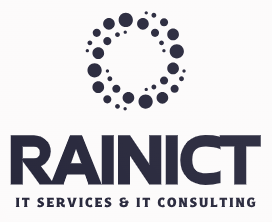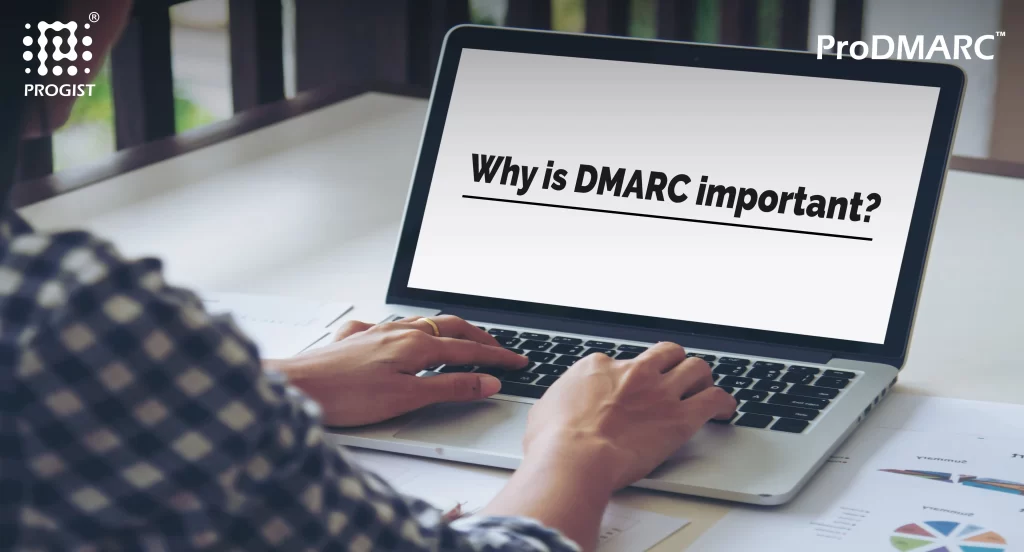Overview:
DMARC, DKIM, SPF, and SSL are crucial for email deliverability because they enhance email security and authentication, which in turn improves the likelihood of emails reaching the recipient’s inbox instead of the spam folder. SPF and DKIM verify the legitimacy of the sender, while DMARC provides policies for handling unauthenticated emails, and SSL ensures secure communication.
What is DMARC, DKIM, SPF and SSL?
DMARC (Domain-based Message Authentication, Reporting, and Conformance):
DMARC builds upon SPF and DKIM by providing a policy that tells email servers how to handle emails that fail SPF and/or DKIM checks. It also provides reporting on the results of those checks, allowing domain owners to track and improve their email authentication practices.
DKIM (DomainKeys Identified Mail):
DKIM adds a digital signature to emails, allowing recipients to verify that the email hasn’t been tampered with and that it originates from the domain claiming to have sent it. This signature is verified against a public key stored in the domain’s DNS records. DKIM assures the receiver that the email was indeed sent from the specified domain and that it has not been tampered with during transit.
SPF (Sender Policy Framework):
SPF helps verify that emails are sent from authorized servers by listing the legitimate IP addresses that are allowed to send emails on behalf of a domain. This prevents email spoofing, where a malicious sender pretends to be a legitimate one. SPF is essentially helps in reducing spam and phishing emails.
SSL/TLS (Secure Sockets Layer/Transport Layer Security):
SSL/TLS encrypts the communication between the email server and the recipient’s email client, ensuring that the email content is not intercepted or altered during transit.
Why are DMARC, DKIM, SPF and SSL Important for Email Deliverability?
Spam Filters: Email service providers (ESPs) and Internet Service Providers (ISPs) use these authentication methods to assess the legitimacy of incoming emails and determine whether they should be delivered to the inbox or marked as spam.
Improved Sender Reputation: Properly implementing these authentication methods helps build a positive sender reputation, which in turn increases the likelihood of emails being delivered to the inbox.
Reduced Phishing and Spoofing Risks: By verifying the legitimacy of email senders and preventing unauthorized use of domains, these protocols help protect users from phishing and spoofing attacks.
Increased Inbox Delivery: When emails pass these authentication checks, they are more likely to be delivered to the inbox, as ESPs and ISPs are less likely to consider them spam.
By implementing SPF, DKIM, and DMARC, organizations can significantly improve their email deliverability, protect their brand reputation, and reduce the risk of email-related security threats.






